Here is a code given in c language, and the s box table is {0xE, 0x4, 0xD, 0x1, 0x2, 0xF, 0xB, 0x8, 0x3, 0xA, 0x6, 0xC, 0x5, 0x9, 0x0, 0x7};, when we run this code we get the wrong output. We should get the linear approximation table from this code. I think the error that I get is here at the sbox output part.
#include <stdio.h>
#include <stdlib.h>
typedef unsigned short int UINT16;
UINT16 sbox_table[16] = {0xE, 0x4, 0xD, 0x1, 0x2, 0xF, 0xB, 0x8, 0x3, 0xA, 0x6, 0xC, 0x5, 0x9, 0x0, 0x7};
int lin_appr_table[16][16];
void construct_lin_appr_table()
{
UINT16 i, j, k;
UINT16 X, Y, x;
UINT16 X_xor, Y_xor;
int counter;
for (i=0 ; i<16 ; i++)//sbox input
{
for (j=0 ; j<16 ; j++)//sbox output
{
X=i;
Y=j;
counter=0;
for (k=0;k<16;k++)
{
X_xor=X&k;
Y_xor=Y&sbox_table[k];
if(X_xor^Y_xor==0) counter++;
}
lin_appr_table[i][j]=counter-8;
//Write the code that makes up the table
}
}
//Write the code that printed the table on the screen
for (i=0 ; i<16 ; i++)//sbox input
{
for (j=0 ; j<16 ; j++)//sbox output
{
printf("% d ", lin_appr_table[i][j]);
}
printf("\n");
}
}
int main()
{
construct_lin_appr_table();
getch();
return 0;
}

